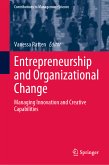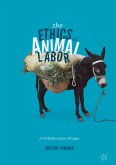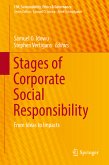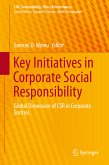Drawing on four case studies, Corporate Capitalism's Use of Openness will add to discussion on open source software, open access content platforms, open access publishing, and open university courses. These otherwise disparate cases share two fundamental features: informational capitalist corporations base their successful business models on unpaid productive activities, play, attention, knowledge and labour, and do so crucially by resorting to ideological uses of concepts such as "openness", "communities" and "sharing".
The authors present potential solutions and alternative regulations to counter these exploitative and alienating business models, and to foster digital knowledge commons, ranging from co-ops and commons-based peer production to state agencies' platforms. Their research and findings will appeal to students, academics and activists around the world in fields such as sociology, economy, media and communication, library and information science, political sciences and technology studies.
Dieser Download kann aus rechtlichen Gründen nur mit Rechnungsadresse in A, B, BG, CY, CZ, D, DK, EW, E, FIN, F, GR, HR, H, IRL, I, LT, L, LR, M, NL, PL, P, R, S, SLO, SK ausgeliefert werden.









